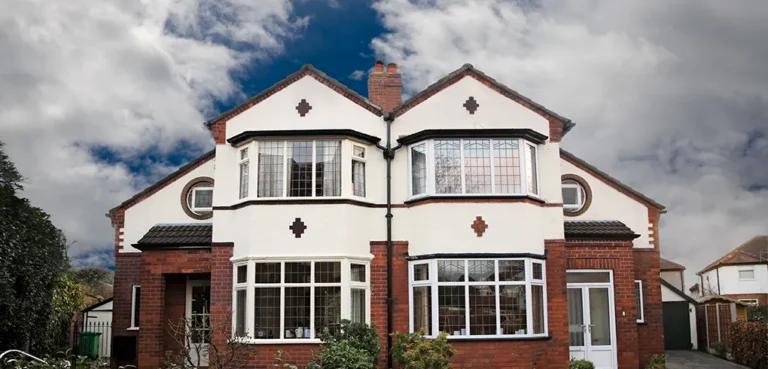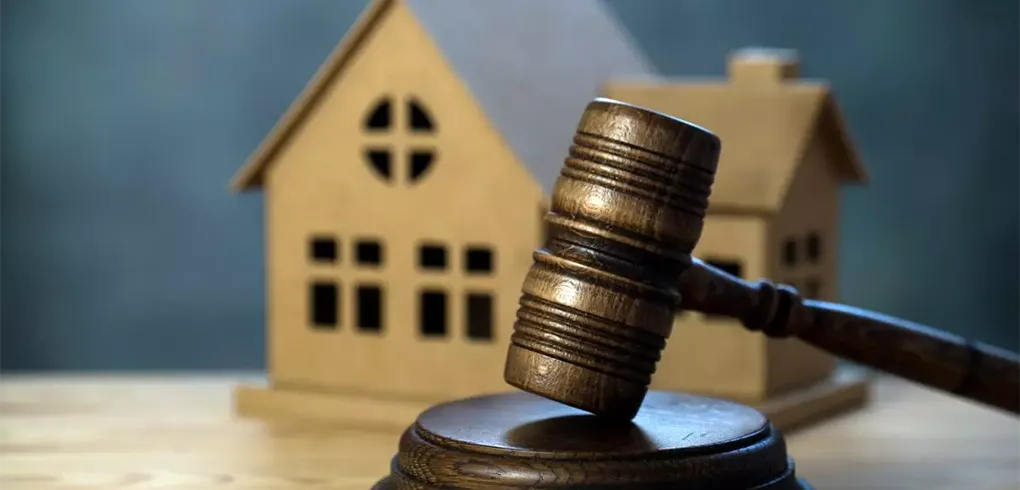Lenders typically sell repossessed properties through either an estate agent or at auction. As lenders want to recoup their losses as quickly as possible, they’ll be looking for a fast sale which is why many choose to sell repossessed properties at auction. A property sale at auction can complete in less than a month. However, buying a property at auction is very different from buying a repossessed house through an estate agent.
So, how do you buy a repossessed house at auction or through an estate agent?


